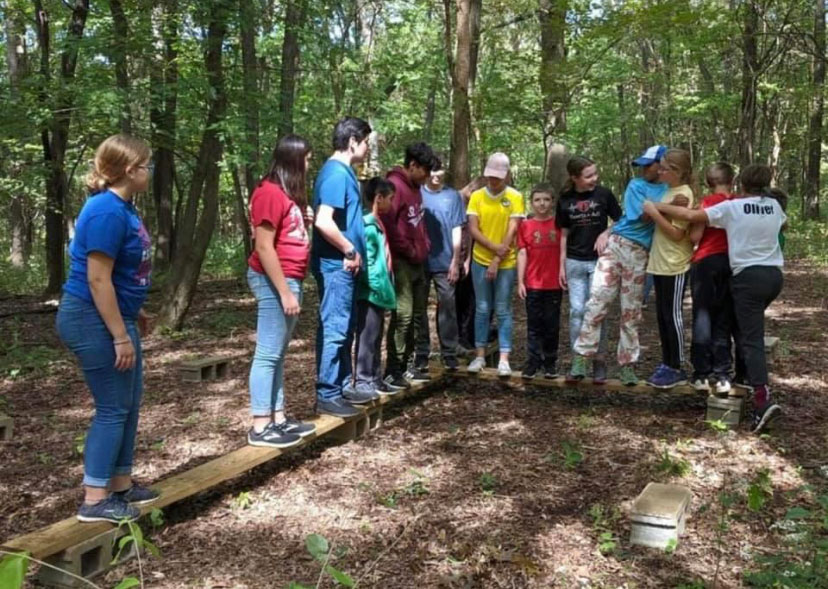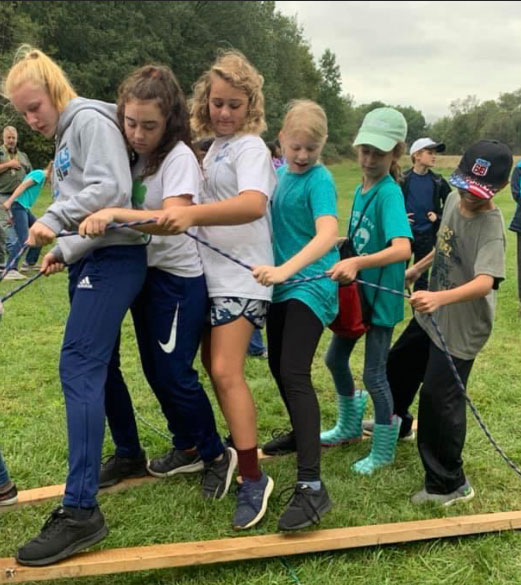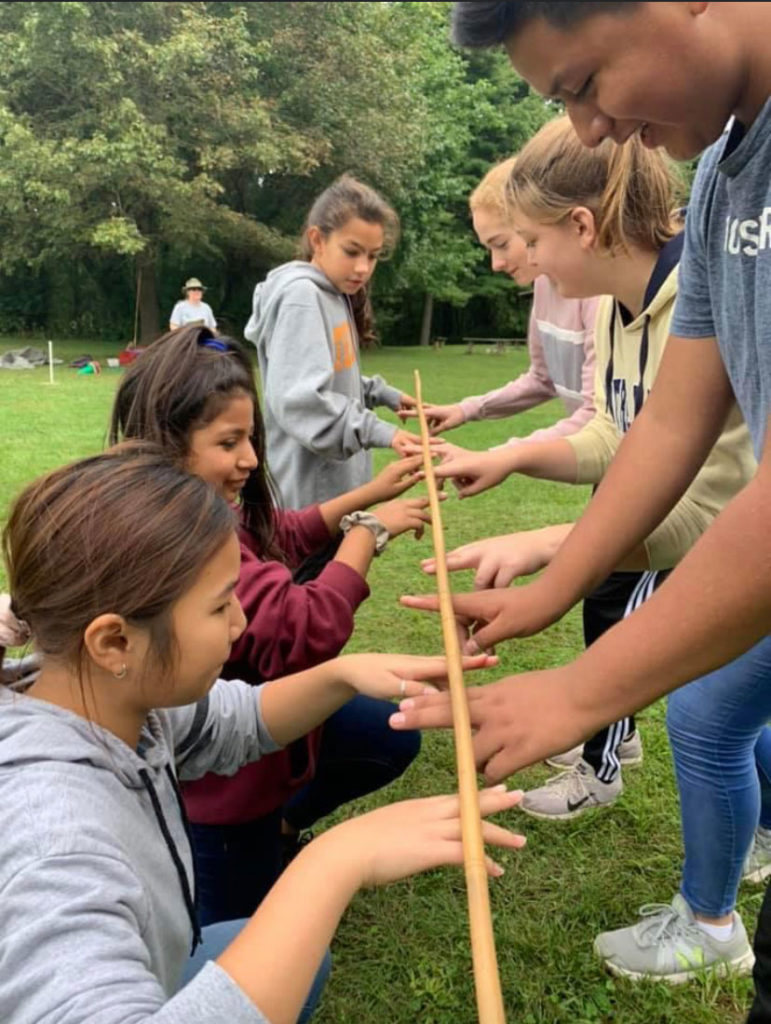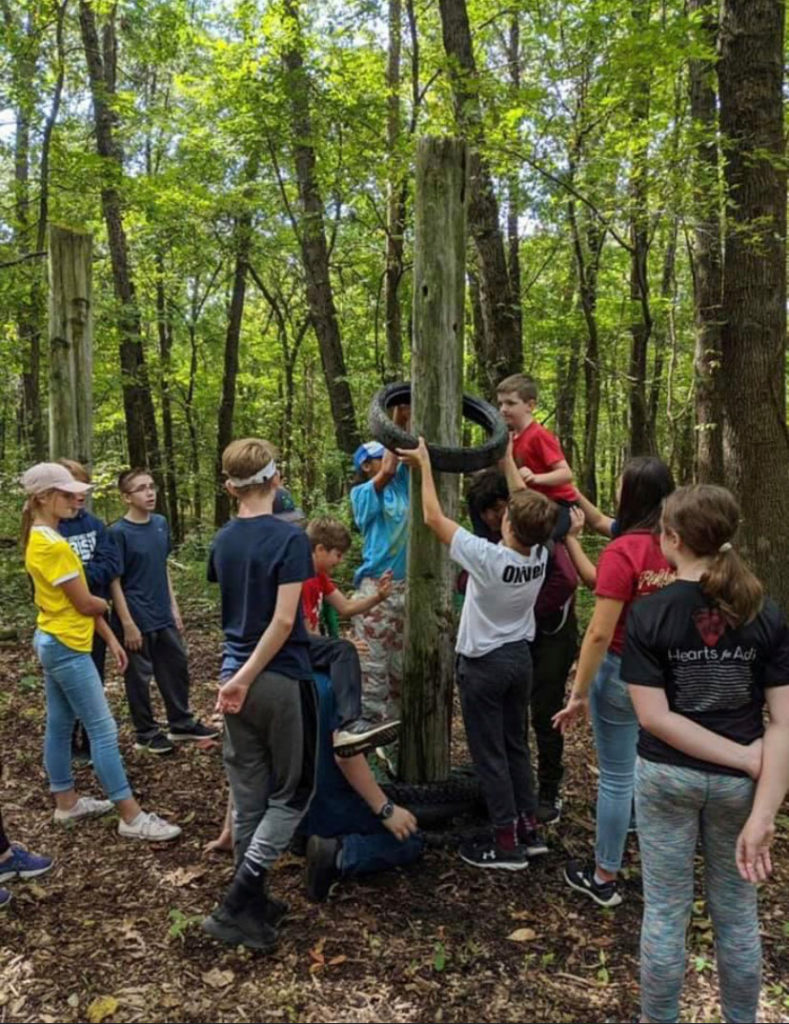6th-8th Grade Advisory Program
The purpose of the Advisory Program is to provide additional support to our sixth- eighth graders. These concluding years of elementary school can be a time of great change in the lives of young persons. This is a time when many students begin to identify strongly with a peer group, redefine their value systems, undergo physical and emotional changes, and contemplate their high school and young adult years. With the assistance of parents, teachers, and teacher advisors, it is hoped that these three years can become a positive and enriching experience for our students. The goals of the Advisory Program seek to implement the philosophy and mission of St. Thomas School which recognizes the dignity and uniqueness of every person, and is committed to developing each individual, as a child of God, according to his/her own ability. The program will be integrated with the Middle School Religion Program.
OBJECTIVES FOR ADVISORY:
- Provide an environment and activities that will foster bonding within an advisory group so that students will feel accepted and valued by teachers and peers.
- Help students cope with academic concerns and set goals which will facilitate positive school experiences.
- Give students avenues through which to discover their uniqueness so that they might come to appreciate the many differences among peoples.
- Help students develop positive relationships through experiences that utilize group dynamics.
- Promote critical thinking skills through discussion and problem-solving activities so that students can learn to make responsible choices.
- Develop listening skills and an understanding of the roadblocks which hinder effective communication.
- Build self-esteem in students so that they might become confident, capable young people who accept responsibility for their own actions.
- Heighten student awareness of good citizenship through providing opportunities for meaningful contributions to their school and community.
- Provide opportunities for extensive student involvement through shared decision making.
- Improve home-school communication and relationships.



